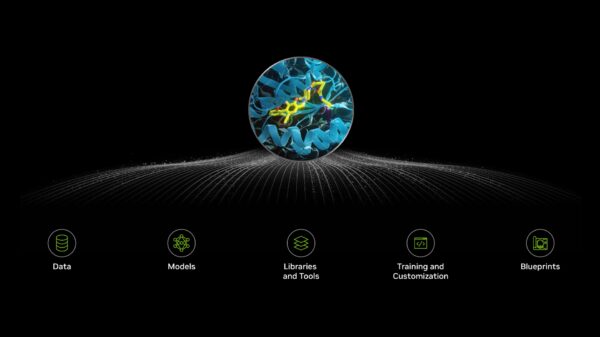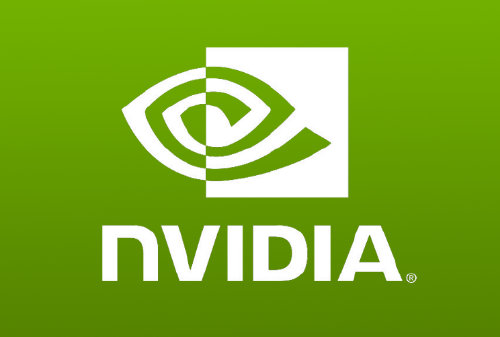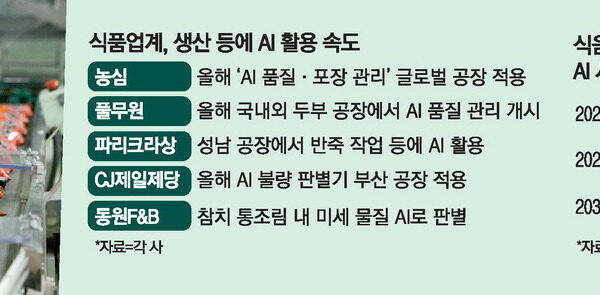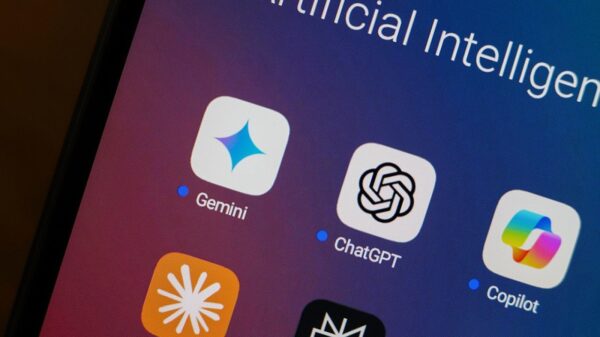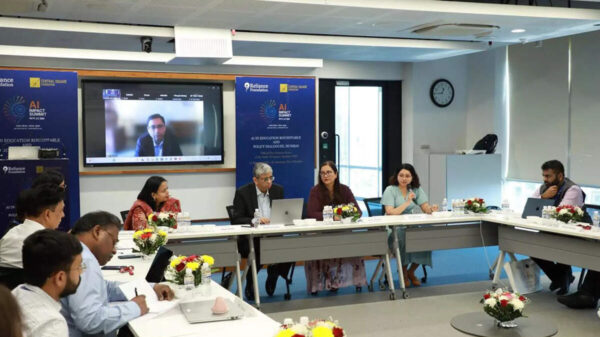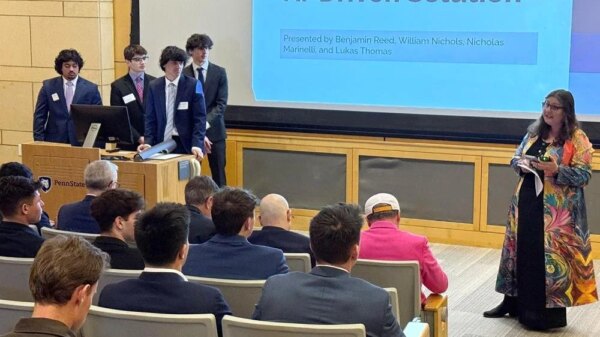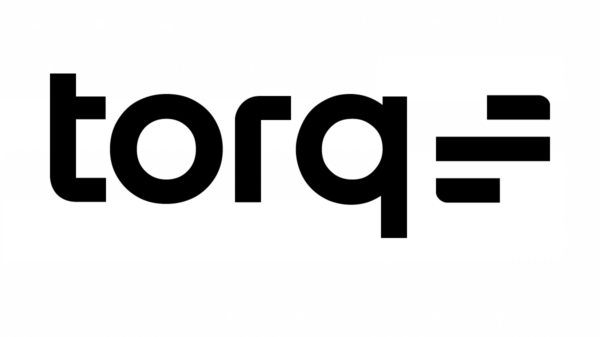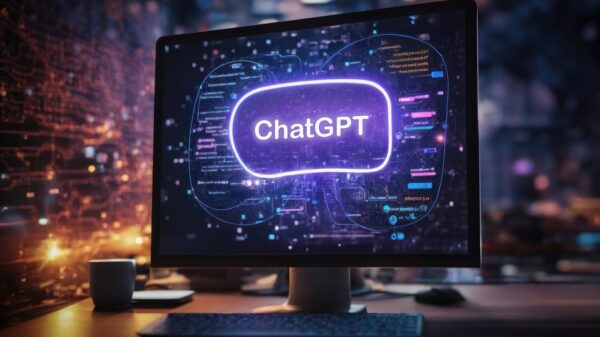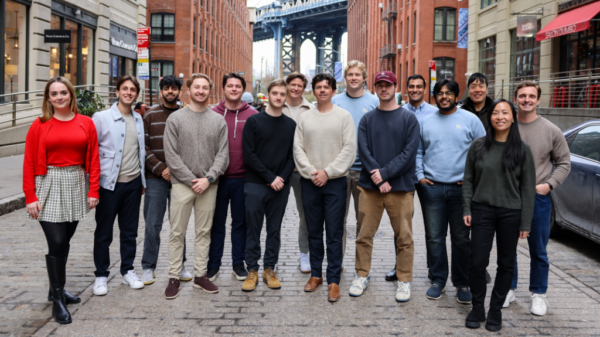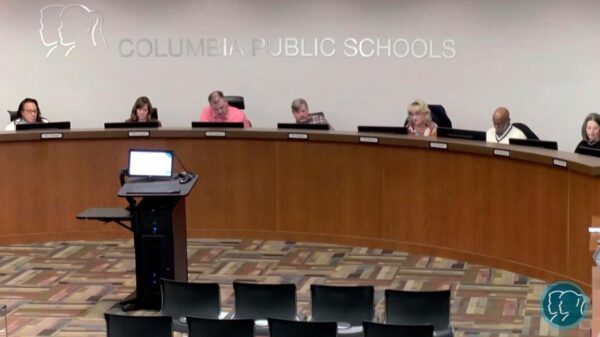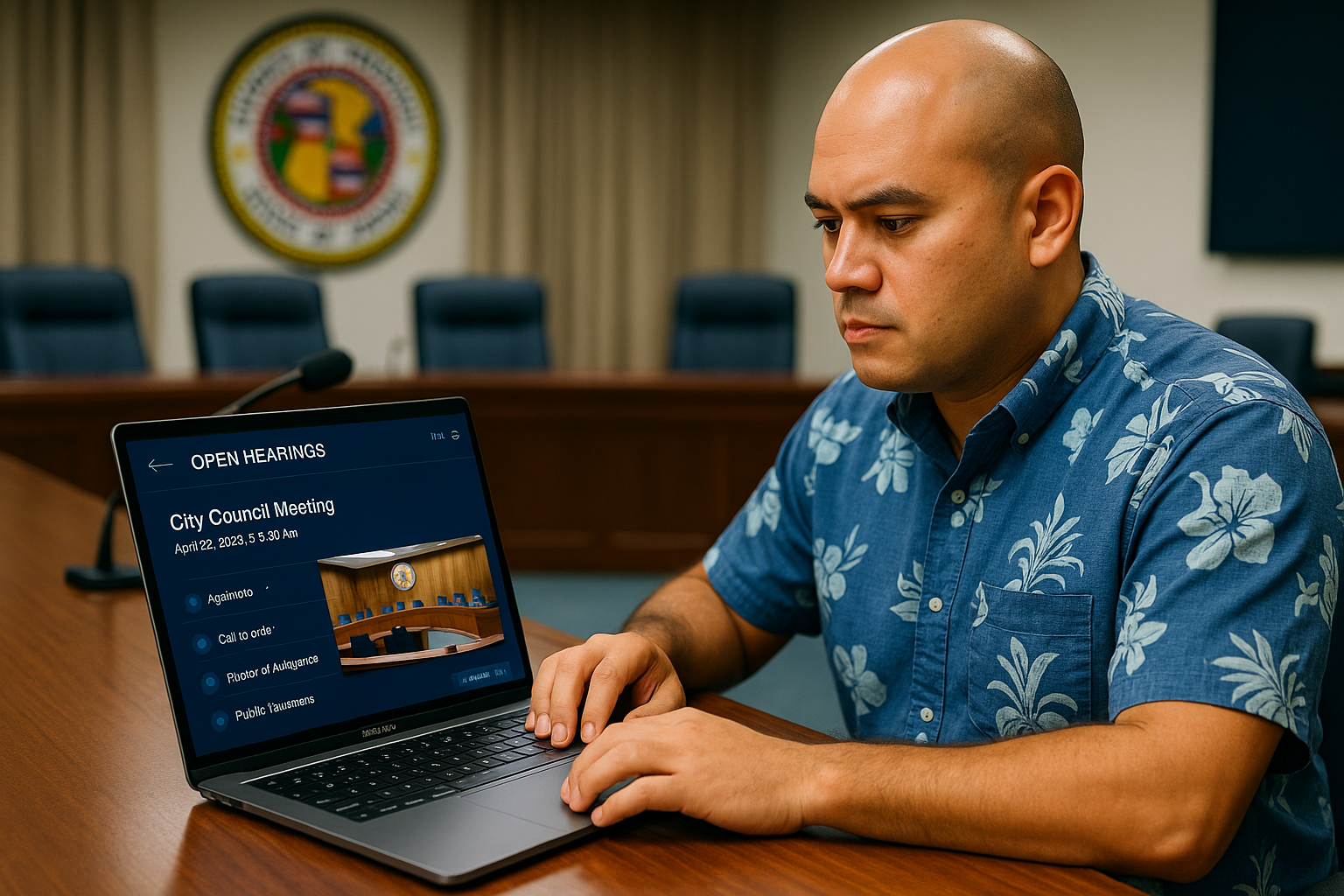The integration of artificial intelligence tools into public meeting observations is rapidly gaining traction across the United States. In states like Maine and Michigan, journalists are leveraging AI to summarize school board meetings and uncover potential story leads. Meanwhile, a local think tank in Hawaiʻi is testing an innovative tool aimed at enhancing governmental transparency.
Joe Kent, the Executive Vice President of the Grassroot Institute of Hawaiʻi, has developed the Open Hearings tool in response to frustrations over inefficiencies in monitoring governmental proceedings. Kent recalls a particularly late-night meeting on Maui where a tax hike was passed. “It was like at midnight, and I was like, ‘There’s got to be some better way to do this,'” he stated. This led to the hiring of programmers to create a tool capable of listening to government hearings, automatically transcribing them, and summarizing key points.
The Open Hearings tool currently monitors 26 different government entities in Hawaiʻi, ranging from county councils to neighborhood boards. Kent described the tool’s functionality, noting, “It emails us too every morning, saying, ‘Here’s what happened yesterday in the government hearings.'” This feature allows users to verify the AI-generated summaries by clicking on specific hearings and even engaging in a chat to ask detailed questions, such as the time of significant votes or any embarrassing incidents.
While the tool is not exclusively tailored for Hawaiʻi, Kent has made adjustments to ensure it understands local terminology, including Hawaiian words and specific lawmakers’ names. “We basically wanted to try it out as an experiment to see what happens,” he explained. This pilot approach allows the initiative to be scaled back if it doesn’t meet expectations. “If nobody wants to use it, if there are problems, then we’re happy to just pull back and close the door,” Kent added.
The Open Hearings tool represents a significant step in the application of AI for civic engagement and transparency. By automating the labor-intensive process of monitoring public meetings, it not only saves time but also enhances accessibility to government proceedings for the general public. This approach aligns with broader trends in using AI to foster greater accountability and openness in governance.
As this tool continues to be tested, it raises questions about the future of AI in public service sectors. Will it become a standard practice for governmental bodies to adopt such technologies? Will other states follow suit, implementing similar tools to ensure their residents remain informed about local governance? The responses to these questions could shape the landscape of civic engagement in the digital age.
Learn more about Open Hearings here.
See also SMEs Drive Government AI Success with New Procurement Flexibility and Rapid Solutions
SMEs Drive Government AI Success with New Procurement Flexibility and Rapid Solutions India Launches Free YUVA AI Course Aiming to Train 10 Million Citizens in AI Skills
India Launches Free YUVA AI Course Aiming to Train 10 Million Citizens in AI Skills AOC Warns of Potential AI Bubble, Citing 2008-Style Economic Risks for the US
AOC Warns of Potential AI Bubble, Citing 2008-Style Economic Risks for the US Malta Aims to Become Europe’s Most AI-Friendly Nation with €9.3 Billion Investment Plan
Malta Aims to Become Europe’s Most AI-Friendly Nation with €9.3 Billion Investment Plan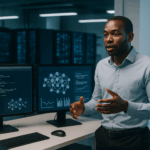 Google Launches $7.5M AI Skilling Blueprint to Bridge Africa’s Digital Skills Gap
Google Launches $7.5M AI Skilling Blueprint to Bridge Africa’s Digital Skills Gap












